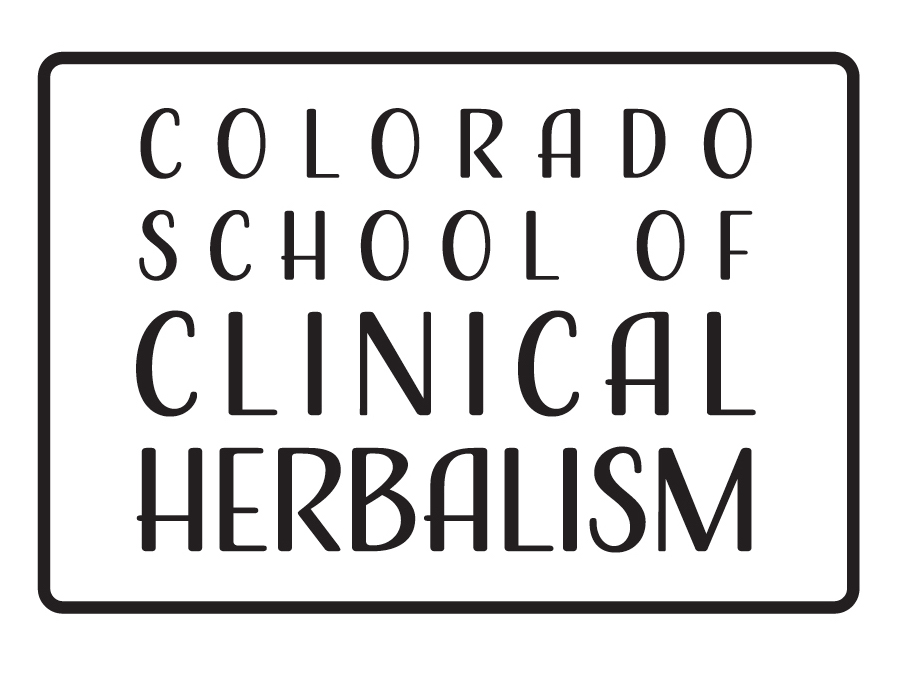In the early 16th century, it is believed that Spanish and Portuguese explorers brought tomato, cayenne and the potato back from the Americas or the ‘Indies’, as they were called, to Europe. The aristocracy immediately turned their noses up at the new foods. It would be another 200 years before nightshades would be adopted into the mainstream diet. The Cayenne pepper was even called the ‘poor man’s pepper’ in Italy. In France, the tomato was grown for ornamental purposes and was called the ‘love apple’. The potato was considered food for pigs, it wasn’t until the French Revolution when unemployed cooks of the aristocratic country houses moved to Paris and the concept of restaurants hit the Parisian scene that potatoes, a food of the country and peasants, entered the mainstream diet. The main reason for the slow acceptance for nightshades into our diets is due to many different aspects, but the main one is that they were believed to be poisonous. This could be due to the high lead content of the pewter plates that leached out from contact with the acidic tomato, their association to other plants like the deadly nightshades, Mandrake and Belladonna, or to the fact that politics and the church deeply influenced popular cuisine; the poor ate what the affluent didn’t want and was easy to grow.
The Solanaceae family of plants or Nightshades, as they are known, is considered inflammatory due to the natural chemical defenses, which includes lectins and glycoalkaloids that act as protectants for the plants, or natural pesticides and fungicides. Both can be highly toxic in large quantities to animals and humans. Many diets today include some nightshades at every meal. People who already have a compromised gastrointestinal tract, such as leaky-gut, Celiac, autoimmune disease, IBD, allergies, or are sensitive to the nightshade family, in general, are at risk of chronic inflammation and flare-ups or intensification of symptoms due to eating these fruits and vegetables. Lectins and glycoalkaloids are attributed to causing Leaky-gut or reduced gut wall integrity, allowing them to enter our body and circulate triggering inflammatory responses and creating a cascade of immunological issues.
Nightshades include: tomatoes, potatoes (purple, white, red, yellow, fingerling), chili peppers, sweet or bell peppers, hot peppers (like cayenne, red chili pepper, jalapeno, and habanero), paprika, pepinos (Solanum muricatum), pimentos, eggplant, tomatillo, goji berries, tobacco, ashwagandha, belladonna, henbane (Hyoscyamus niger), datura, petunia, and mandrake (mentioned in the Bible, made famous by Shakespeare and Harry Potter).
There are many ways to cook and eat the dishes we love without the use of the usual suspects. For example: using tamarind and beets instead of tomatoes; using parsnips, sweet potatoes, yams, turnips or jicama instead of potatoes; using black, pink, green, or white peppercorns and ginger instead of hot peppers; even mustard or wasabi can be substituted for that hot and spicy desire. With some creativity, you can make a ‘no-mato’ sauce that can be used instead of marinara or pizza sauce, and a curry that will make you love Indian food again.
